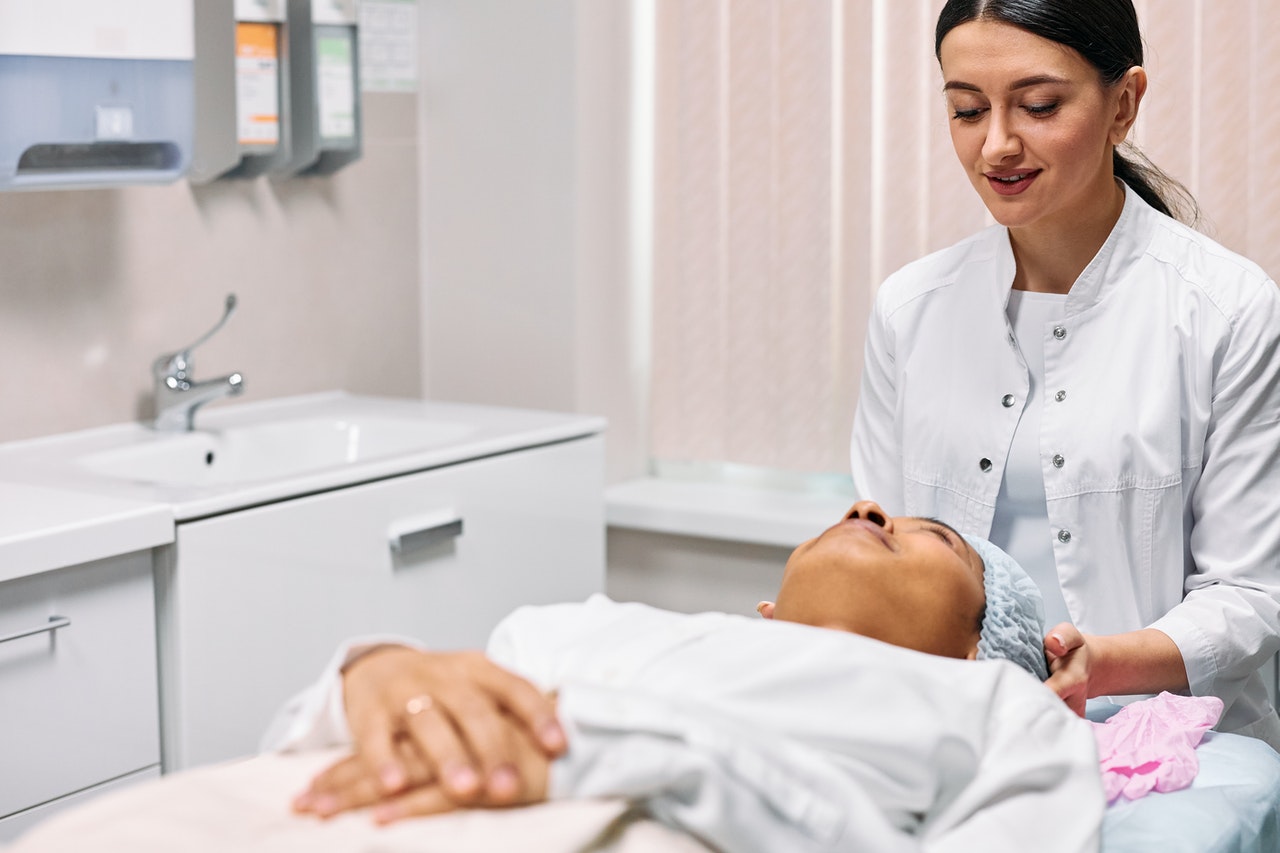In case you haven’t heard, nurse practitioners (NPs) are becoming the new face of healthcare for millions of Americans. The country is facing a shortage of primary care physicians, and NPs are filling the void. A nurse practitioner has more autonomy than a registered nurse. Many of them run their own practices, treating patients as they see fit. However, most NPs must get approval from a doctor before administering care.
Learn more about this valued profession and what it means to be a NP.
Becoming a Nurse Practitioner
NPs are not the same as registered nurses. They have additional training and more education. To become an NP, you must get either a master’s degree (MSN) or go on to get a doctoral degree in nursing (DNP). Getting your masters usually takes about two years once you become an RN. You will also have to take several didactic and diagnostic clinical courses to further your training.
Unlike RNs, NPs must undergo national certification, periodic peer reviews, clinical outcome evaluations, and they have to adhere to a code for ethical practices. This ensures that nurse practitioners can handle complex decisions and situations with limited physician supervision. NPs also have a responsibility to present at forums, conduct research, and apply it to clinical situations.
NPs must maintain national certification and state licensure as a NP while adhering to the rules observed in their state. Continuing education courses are also required.
What Does a Nurse Practitioner Do?
NPs work all over the country in and out of hospitals. Some work autonomously, especially in more rural areas where access to healthcare remains sparse. Others work in collaboration with fellow care providers, including doctors and specialists. They provide a full range of services, including primary, acute, and specialty healthcare.
When it comes to primary care, they are responsible for the following:
- Ordering and performing diagnostic tests, lab work, and x-rays, looking for a history of disease, interpreting the resulting data
- Diagnosing/treating acute and chronic conditions, including common conditions such as diabetes, hypertension, heart disease, as well as everyday injuries and accidents
- Prescribing medications and other treatments
- Managing the patient’s overall wellbeing
- Counseling and basic mental health services
- Educating patients and advocating for healthy lifestyles and disease prevention
When it comes to specialty care, some NPs provide the following:
- Gerontology
- Neonatal Health
- Oncology
- Pediatric/Child Health
- Psychiatric/Mental Health
- Allergy and Immunology
- Cardiovascular
- Dermatology
- Emergency
- Endocrinology
- Gastroenterology
- Hematology and Oncology
- Neurology
- Occupational Health
- Orthopedics
- Pulmonology and Respiratory
- Sports Medicine
- Urology
NPs have the authority to diagnose and prescribe, which is not the case for RNs. They are a one-stop shop for many Americans. The American Association for Nurse Practitioners (AANP) estimates that Americans make over 1.06 billion visits to NPs’ offices every year.
Nurse practitioner laws vary from state to state. Some areas allow NPs to practice, diagnose, and treat patients without physician oversight, while others require NPs to get approval from a local physician. Providers of all kinds have differing points of view about these laws. Some say they get in the way of care and can lead to costly delays in treatment, while others argue that doctors have more training and expertise than NPs, so it only makes sense to have them sign off on care.
NPs tend to be about the same age as RNs. According to the AANP, the average age of NPs is 49, compared to 50 for RNs; however, 53% of RNs are under the age of 50. They also see patients differently than an RN. Just 59.4% of NPs see three or more patients per hour, while RNs are usually responsible for anywhere from one to five patients at a time during their shift. The number depends on the type of clinical setting.
They also make more than registered nurses. In 2020, the median base salary for full-time NPs was $110,000, compared to $77,460 for a RN.
Why NPs Are so Important
More and more nurses are choosing to become nurse practitioners. There are around 290,000 NPs all over the country, and 30,000 new NPs got their degrees during the 2018-2019 academic year.
Providers often choose a career as a NP because it gives them more agency on the job. Many RNs grow tired of waiting for the doctor’s approval or would rather work on their own. Being your own boss comes with plenty of risks and benefits.
As the baby boomers continue to retire, NPs continue to play a valuable role all over the country. Unlike specialists and urgent care clinics, they emphasize the entire health of the patient, often seeing the same patients for years at a time. They’ve also become advocates for healthy living in the communities they serve, creating a more localized approach to care.
There are many benefits to becoming an NP. If you’re considering taking your career to the next level, this may be just what you’re looking for.




